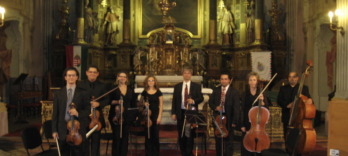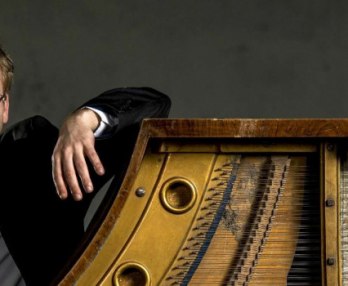Budapest Opera Tickets | Budapest Concerts Tickets
What's on
Church Concerts in Budapest
Budapest - St. Michael´s Church, Budapest
Sa 20 Apr 2024, 19:00 - Sa 28 Dec 2024, 19:00
Sa 20 Apr 2024, 19:00 - Sa 28 Dec 2024, 19:00
Sightseeing Cruises and Tours
Budapest - Budapest Tours and Cruises
Fr 19 Apr 2024, 17:00 - Mo 19 Aug 2024, 16:40-17:40
Fr 19 Apr 2024, 17:00 - Mo 19 Aug 2024, 16:40-17:40
Sightseeing Cruises and Tours
Budapest - Budapest Tours and Cruises
Fr 19 Apr 2024, 19:00-21:30 - Fr 31 May 2024, 19:30-22:00
Fr 19 Apr 2024, 19:00-21:30 - Fr 31 May 2024, 19:30-22:00
Sightseeing Cruises and Tours
Budapest - Budapest Tours and Cruises
Fr 19 Apr 2024, 16:30 - Fr 31 May 2024, 17:00
Fr 19 Apr 2024, 16:30 - Fr 31 May 2024, 17:00
Sightseeing Cruises and Tours
Budapest - Budapest Tours and Cruises
Fr 19 Apr 2024, 17:00-18:30 - Su 30 Jun 2024, 17:00-18:30
Fr 19 Apr 2024, 17:00-18:30 - Su 30 Jun 2024, 17:00-18:30
Sightseeing Cruises and Tours
Budapest - Budapest Tours and Cruises
Fr 19 Apr 2024, 17:00-18:30 - Sa 31 Aug 2024, 17:00
Fr 19 Apr 2024, 17:00-18:30 - Sa 31 Aug 2024, 17:00
Bestseller events
Palace of Arts Müpa
Budapest -
Palace of Arts Müpa Budapest
Latest news
Seated indoor performances at the Hungarian State Opera may be attended without presenting an immunity certificate....

 EN
EN DE
DE IT
IT FR
FR ES
ES RU
RU JP
JP RO
RO









